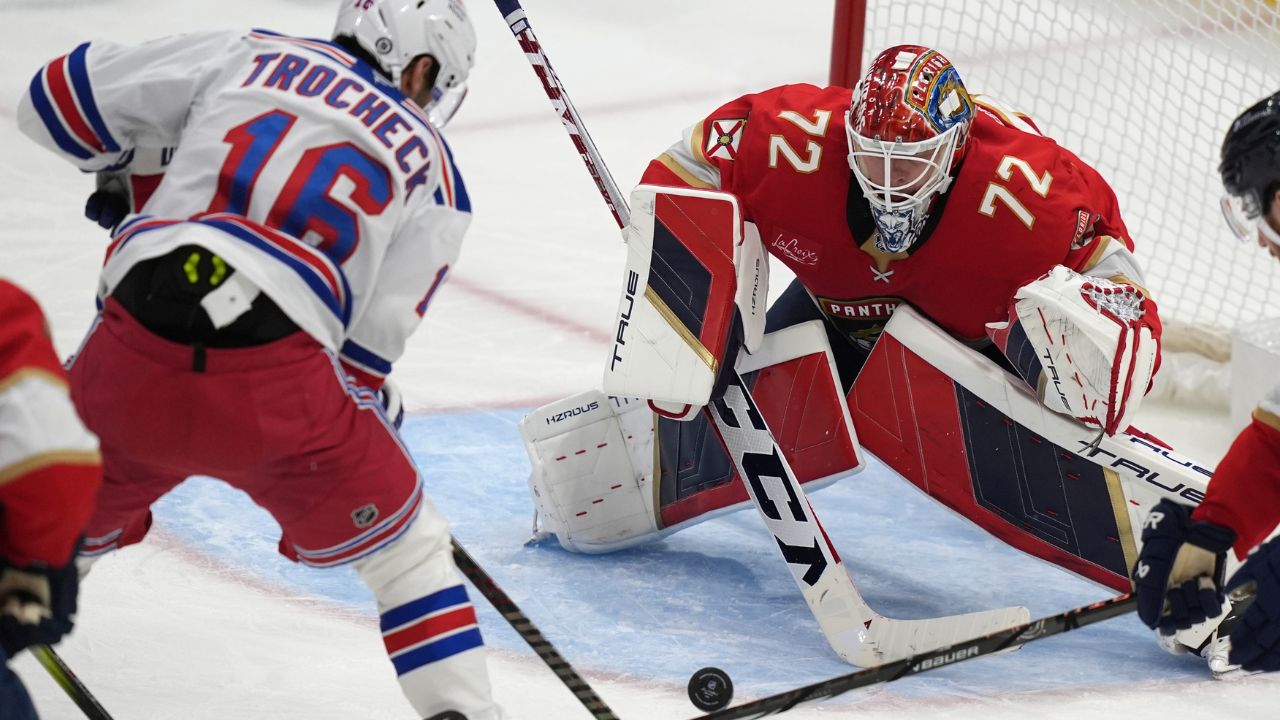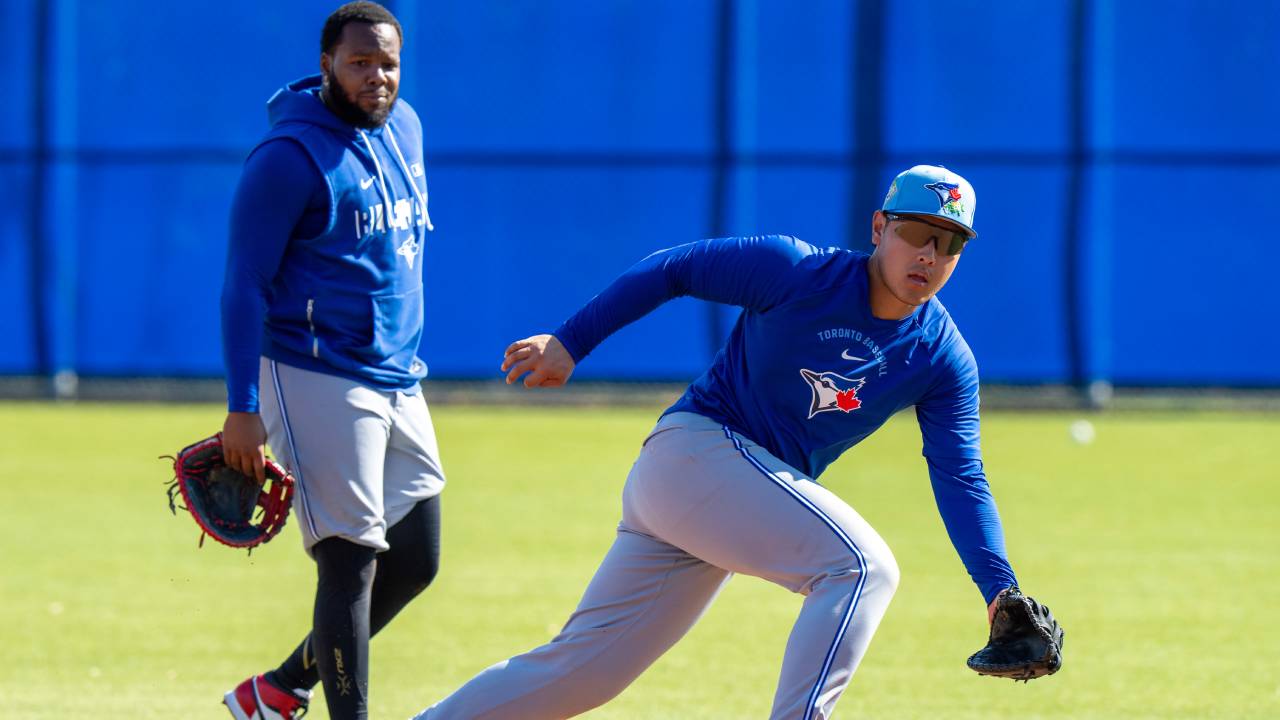
TORONTO — A quick history lesson, especially for those upset by owner Paul Dolan’s long-overdue decision to drop the “Indians” nickname once Cleveland’s major-league team settles on a new moniker.
The franchise, a charter member of the American League, began play in 1901 as the Blues, a reference to its bright-coloured uniforms, and switched to Bronchos the next year because players wanted a more forceful nickname. In 1903, the team became the Naps, in honour of Nap Lajoie, through a newspaper-sponsored naming contest.
That held through the 1914 season, after which Lajoie left for Philadelphia, and club officials decided a new name was needed. The Plain Dealer reported in its Jan. 17, 1915 edition that owner Charles W. Somers asked the local baseball writers for help, they elicited suggestions from their readers and collectively they landed on “Indians.” That had been used to describe the Cleveland Spiders of 1897, who featured an outfielder named Louis Francis Sockalexis, a member of the Penobscot tribe of Maine credited with being the first Native American to play in the National League.
“As batter, fielder and baserunner, he was a marvel,” the Plain Dealer read the next day. “Sockalexis so far outshone his teammates that he naturally came to be regarded as the whole team.” The paper went on to say that Indians “was an honorable name” and the decision to revive it even though “there will be no real Indians on the roster… will recall fine traditions.”
No matter what was acceptable back then, 105 years later that origin story is cringeworthy.
To put things in perspective, imagine referring to recent editions of the Blue Jays as the Toronto “Dominicans” because of Jose Bautista, making that the official nickname a few years later and then treating the whole exercise as some grand tribute.
Whether it’s intended to be pejorative or not, it’s gross to reduce an individual’s identity to his background and then to appropriate it for club branding. Cleveland not only did that to Native Americans but then also turned a caricature of them into a repugnant logo that was only discontinued after the 2018 season, although “Chief Wahoo” merchandise can still be found on Amazon.
All the more troubling is that for some, the injustice isn’t the ongoing marginalization of First Nations communities across the continent, but rather that Native heritage can no longer be seized for the nickname and logo of their favourite sports team.
That outgoing U.S. President Donald Trump egged on the aggrieved underlines the wider societal fault lines around the recognition of social injustices faced by BIPOC communities. If there had been a team named the “Whites” would he ever send out a tweet like this?
Oh no! What is going on? This is not good news, even for “Indians”. Cancel culture at work! https://t.co/d1l0C9g6Pd
— Donald J. Trump (@realDonaldTrump) December 14, 2020
Of course not, and attempts to dismiss the Cleveland name change as cancel culture, wokeness run amok or any other derogatory generalization is simply a method of deflecting a community’s concern to avoid personal inconvenience.
That using Indigenous names as sports franchise monikers is offensive shouldn’t surprise anyone paying attention. As Jeff Passan pointed out at ESPN, the University of Stanford dropped “Indians” as its nickname back in 1972 after a group of Native American students pushed for change.
For years protesters have gathered at Cleveland’s games to seek a name change, concerned the use of their collective identity as a mascot trivialized their societies. To have taken so long in making this decision is, at best, putting the value of the club’s market identity ahead of the minimum dignity the First Nations population deserves, and at worst an utter indifference to their feelings.
Monday’s decision was welcomed by the National Congress of American Indians, which praised what it described as a “monumental step forward in Indian Country’s decades-long effort to educate Americans about what respect for tribal nations, cultures and communities entails, and how sports mascots like the ‘Indians’ prevent our fellow Americans from understanding and valuing who Native people are today.”
The National Congress of American Indians (NCAI) commends today’s announcement by the Major League Baseball (MLB) franchise in Cleveland to retire its “Indians” name and mascot. Read our statement: https://t.co/Do1lcYbDd4 pic.twitter.com/KHxcIp610U
— National Congress of American Indians (@NCAI1944) December 14, 2020
Fawn Sharp, president of both the Congress and the Quinault Indian Nation, added that “Indigenous peoples will no longer and never again be mascots for corporations to stereotype and exploit for financial gain.”
Please see my newest statement on the news about the Cleveland @MLB franchise. pic.twitter.com/drzgL8YmKY
— President Fawn Sharp (@PresFawnSharp) December 14, 2020
Cleveland’s decision comes months after Washington’s NFL team, which for years skirted criticism about a nickname considered a slur, relented under sponsor pressure and dropped its moniker. Focus will now turn to the Atlanta Braves — who have allowed the repugnant Tomahawk Chop to continue in its stands for decades — Kansas City Chiefs and Chicago Blackhawks.
A team history that tramples on the dignity of a marginalized community is not one worth celebrating or saving. To really understand, all you have to do is imagine your background or heritage being used in such fashion and consider how you’d feel about it.
That’s what beloved Blue Jays broadcaster Jerry Howarth did after receiving a fan letter following the 1992 World Series, prompting him to refuse to use the nicknames for Cleveland or Atlanta afterwards.
“It was from a First Nations community in Northern Ontario. The fan politely asked me to please reconsider using the terms like ‘Indians’ and ‘Braves’ out of respect for his people,” Howarth wrote in his book Hello Friends! Stories From My Life and Blue Jays Baseball. “‘Jerry, I appreciate your work. But in the World Series, it was so offensive to hear and see the Tomahawk Chop and to have people talk about the powwows on the mound. And before that to see the Cleveland Indians’ Chief Wahoo mascot with the red face and big white teeth. I would really appreciate it if you would just think about what you are saying when talking about teams like Cleveland and Atlanta and the Washington Redskins.’”
“It is so easy at times to see things only one way without really thinking about it,” Howarth continued. “When I read that letter from a fan who had lived dealing with demeaning comments and was so eloquent saying, ‘It’s just so offensive and we don’t like it,’ it touched my heart. I wrote him back and told him that for the rest of my career — no matter how long that would be — I was going to honour him and Indigenous peoples by no longer saying ‘Indians’ and ‘Braves.’ From that point on, I never used those words again.”
This isn’t hard. Crying about the sanctity of the Cleveland franchise’s history means you care more about the branding of a baseball team than for the respect of the Native American community. Societal standards in 1915 may have considered “Indians” some sort of honorific, but now we absolutely know better, and must do better, too.




